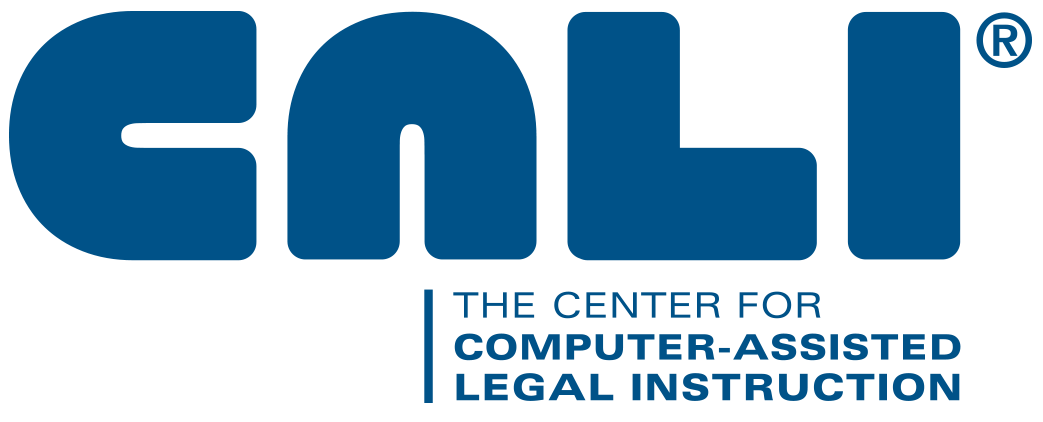Learning Objectives
The readings and exercises in this unit are designed to introduce students to the exercise of proper professional and ethical responsibilities to clients and the legal system.
Sub-Topic: Knowing Your Role
Vema E. Monson & Neil W. Hamilton, Entering Law Students’ Conceptions of an Ethical Professional Identity and the Role of the Lawyer in Society, The J. of the Legal Profession, Vol. 35(2), 385 (2011).
Based on recent studies, this article proposes that ethical professional identity assessments can be integrated with school programs to guide students towards healthy views of their roles as lawyers. The same data can also be used to assess law school outcomes regarding ethical professional identities among students by measuring growth over the course of studentship. The tools granted by recent studies should enable law schools to both generate ideals to strive for in instructing students, and evaluate the effectiveness of the ethical guidance provided to students.
Thomas D. Morgan, Calling Law a Profession Only Confuses Thinking About the Challenges Lawyers Face, 9 U. St. Thomas L.J. 542 (2011).
Thomas Morgan examines the meanings of the word “profession” in various contexts, and suggests that its most common definitions are inappropriate, or even deleterious, for lawyers. Morgan acknowledges that lawyers should mind some traditional notions of “professional obligations,” but these obligations are personal and ethical, not professional, in nature.
Neil Hamilton, Professionalism Clearly Defined, The Prof’l Lawyer, Vol. 18(4) (2008).
This article notes several recent studies, which show that the legal profession is not adequately encouraging an ethical professional identity among both students and practitioners of the law. This article synthesizes various recent reports on this topic, and describes methods to encourage continuing reflective engagement, over a career, on the relative importance of income and wealth in light of the other principles of professionalism. Clearly defined elements of “professionalism” are essential for legal educators to provide effective guidance to their students. This article attempts to define and prescribe some of those elements.
Sub-Topic: About the Legal Services Corporation
Legal Services Corporation, “What is the LSC?” .
The Legal Services Corporation (LSC) is the single largest funder of civil legal aid for low-income litigants in the nation. It is a nonprofit organization that provides grants for numerous ongoing legal aid projects, including A2J Author®.

